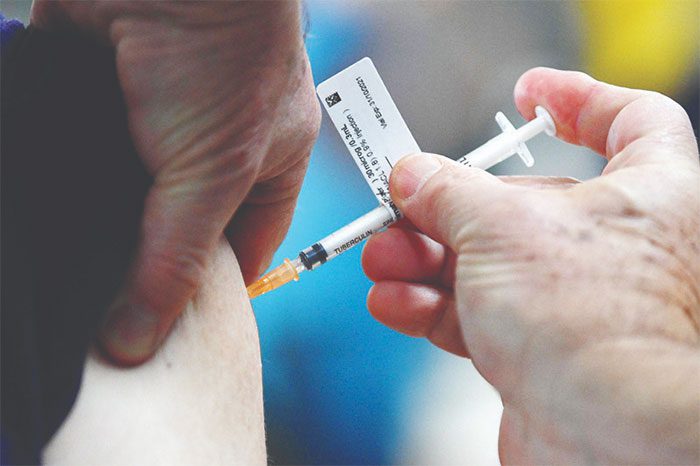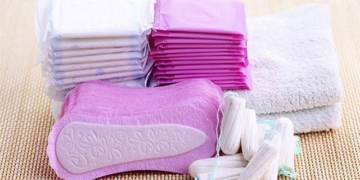Researchers at the University of Queensland (Australia) believe that a new generation of patch vaccines will be more effective than traditional injectable vaccines in preventing variants of the SARS-CoV-2 virus that causes Covid-19.
According to a scientific report published in the journal Vaccine on July 28, test results on mice show that the Hexapro patch vaccine is 11 times more effective in combating the Omicron variant compared to the same vaccine formulated for injection.

Administering COVID-19 vaccine to residents in Sydney, Australia. (Illustrative photo: AFP/TTXVN)
The Hexapro patch vaccine was developed in collaboration between the University of Queensland and the biotechnology company Vaxxas, based in Brisbane, Australia. When applied to the skin, thousands of micro-needles on the patch “inject” the vaccine into the body.
Dr. Chris McMillan from the School of Chemistry and Molecular Biology at the University of Queensland explains: “This high-density micro-needle patch is a vaccine delivery platform that accurately delivers the vaccine to immune cells located deep beneath the skin.”
To test its effectiveness, scientists conducted a study with 8 mice divided into 2 groups. One group received the Hexapro vaccine via traditional injection, while the other used the patch vaccine technology. Subsequently, the scientists took blood samples from these mice to test against various Covid-19 variants, including sublineages of the Alpha, Delta, and Omicron variants. The results showed that the patch vaccine elicited a superior immune response and was more effective in neutralizing both the Omicron and Delta variants.
Dr. David Muller from the University of Queensland stated that this provides preliminary evidence that the patch vaccine could help combat the increasingly mutated variants of the SARS-CoV-2 virus. While he acknowledges the necessity of Covid-19 vaccinations, Dr. Muller also believes that the declining effectiveness of current vaccines is becoming more evident with the emergence of Omicron, which contains over 30 mutations in its spike protein.
According to Dr. Muller, the patch vaccine technology also holds promise for expanding access to vaccinations for people in various countries in the future, due to its ease of transport, use, and the requirement for storage at room temperature (for up to 30 days).
The CEO of Vaxxas, David Hoey, stated that the company plans to scale up production and transition to large-scale clinical trials before commercializing this vaccine.



















































